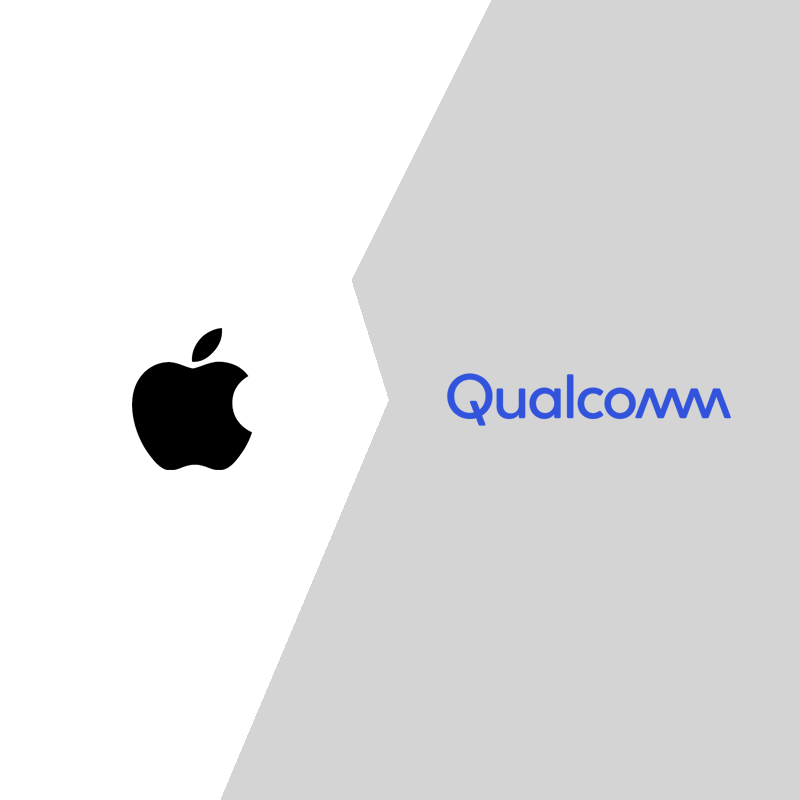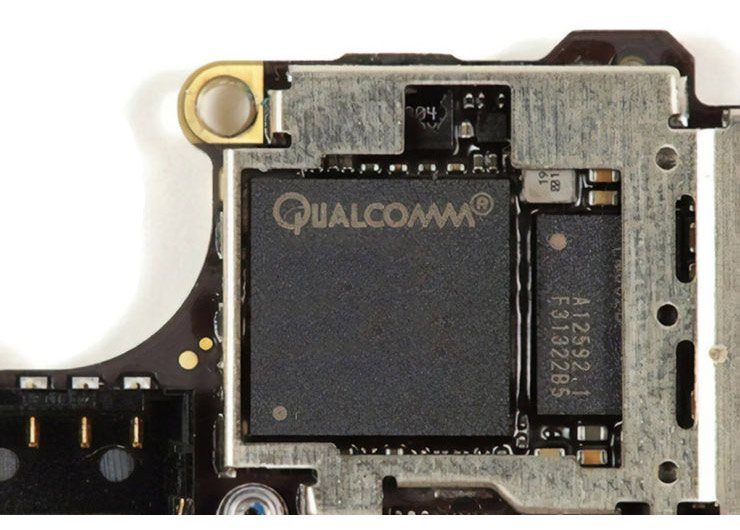
When it comes to patents, intellectual property and money are always involved. And that's the case for Qualcomm vs. Apple.
In a federal court hearing, Qualcomm said that Apple owes the chipmaker $7 billion in unpaid patent royalty payments. Apple had virtually stopped making royalty payments to Qualcomm since 2017, as the two engaged in dozens of patent-related claims, counterclaims and fights over licensing.
Qualcomm argued that its technology "is at the heart of every iPhone," and that the royalties are entirely valid. And what's not fair according to Qualcomm is that Apple in 'stealing' its intellectual property, and trying to destroy its business model.
Apple is said to have been using Qualcomm's intellectual patents without permission, and owned some its patents that apparently also used by Samsung, also without its permission.
This allegation continues the string of accusations of Qualcomm vs. Apple since the court battle started in 2016.
At that time, Apple sued Qualcomm for roughly $1 billion, saying that the chipmaker was playing unfair in pricing and with its patents and licensing.
Apple also claimed that Qualcomm, which is one of the world's largest supplier of mobile chips, was trying get the iPhone maker to pay double for its patents - both when chips its are used in iPhones and also through royalties. This is where Apple claims that Qualcomm "built its business on older, legacy, standards but reinforces its dominance through exclusionary tactics and excessive royalties."
In the legal battle against Qualcomm, Apple argues that the chipmaker is forcing it to pay at least 5 times more in patent royalty fees. Apple has agreed for this for years, but suddenly, the Cupertino-based company said that Qualcomm is unfair, as the retail price of its iPhones has significantly increased and so does the royalty amount, proportionally:
"The more Apple innovates with unique features such as TouchID, advanced displays, and cameras, to name just a few, the more money Qualcomm collects for no reason and the more expensive it becomes for Apple to fund these innovations," said Apple.

Here is Apple's full statement that started everything:
To protect this business scheme Qualcomm has taken increasingly radical steps, most recently withholding nearly $1B in payments from Apple as retaliation for responding truthfully to law enforcement agencies investigating them.
Apple believes deeply in innovation and we have always been willing to pay fair and reasonable rates for patents we use. We are extremely disappointed in the way Qualcomm is conducting its business with us and unfortunately after years of disagreement over what constitutes a fair and reasonable royalty we have no choice left but to turn to the courts.
Apple has used Qualcomm modems since 2011 with iPhone 4. But starting with iPhone X, the company has moved away from Qualcomm to use Intel's chips instead.